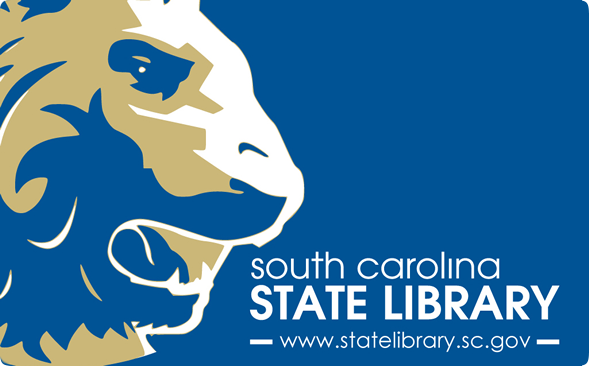Underground Railroad
This book is a comprehensive exploration of the Underground Railroad, the network of routes and safe havens that enabled enslaved African Americans to escape bondage in the Southern United States before the Civil War. Through essays by historians Larry Gara, Brenda E. Stevenson, and C. Peter Ripley, the book delves into the historical significance, the individuals involved, and the profound impact of the Underground Railroad on American society.

